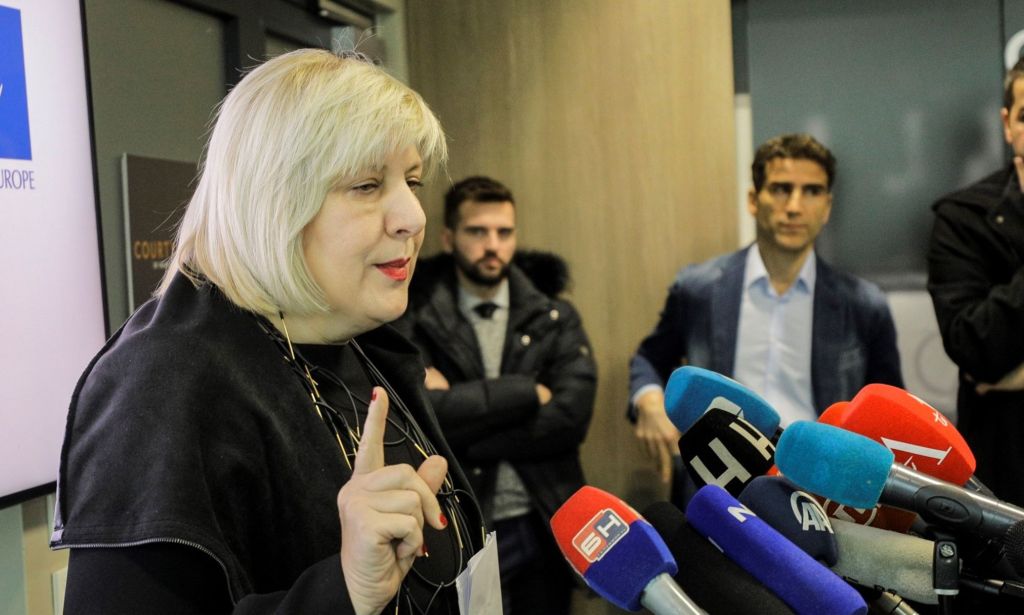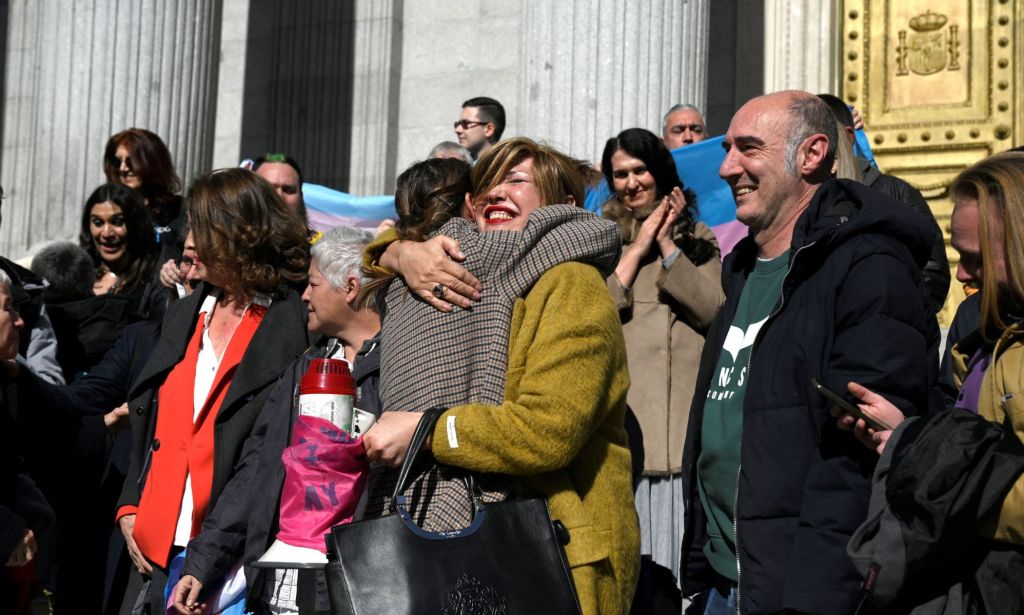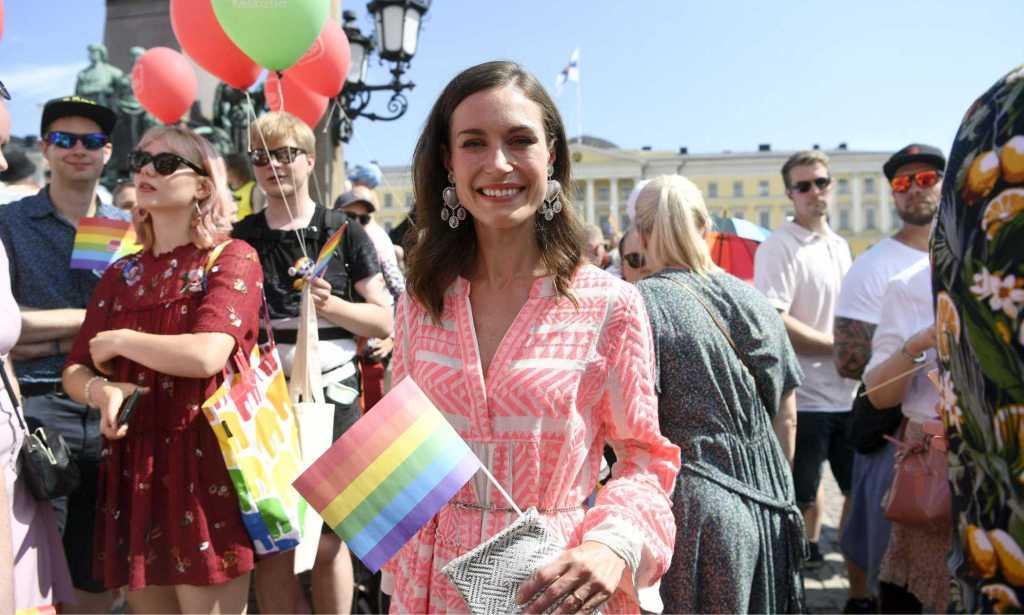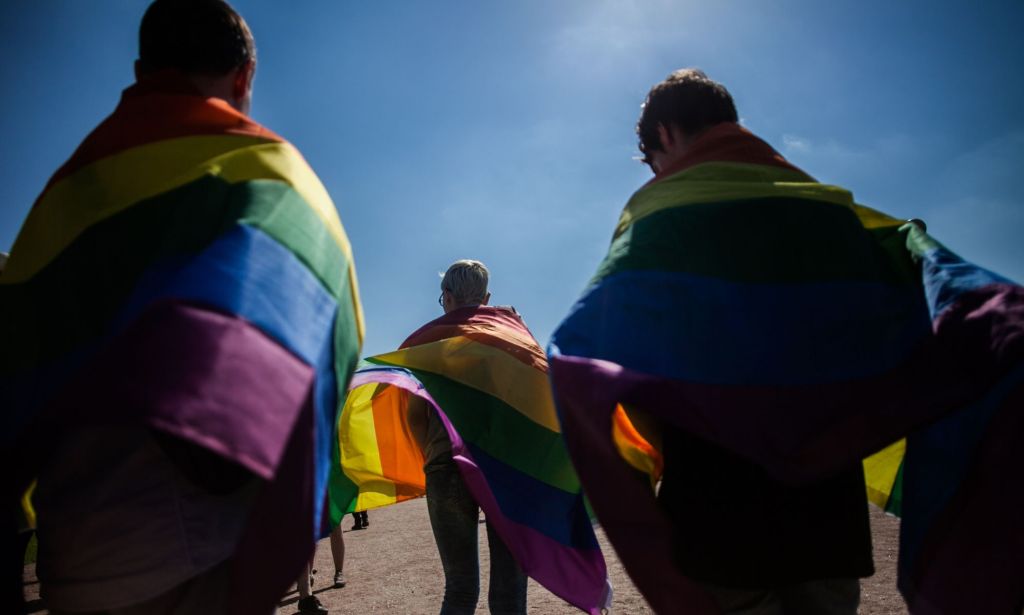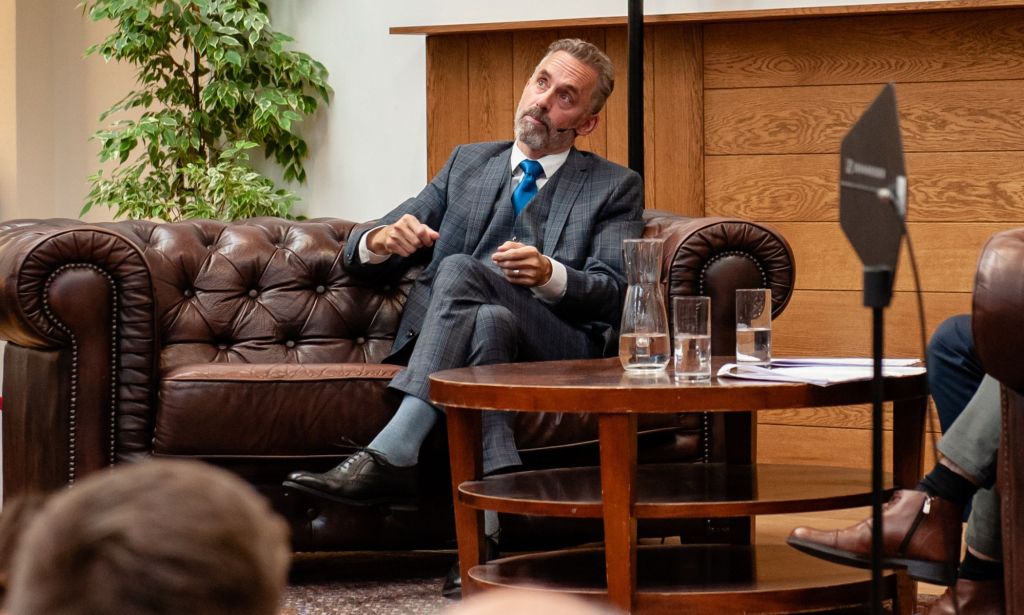Trans woman legally used a women’s locker room. Now she’s been charged with indecent exposure
A trans woman in Xenia, Ohio, is facing three counts of public indecency for using her local women’s YMCA changing room, despite having permission to do so and breaking no laws.
Rachel Glines, 31, will attend court on 6 February after charges were brought against her following complaints filed by YMCA members on several occasions in 2021 and 2022.
Local TV station WHIO-7 reported that the charges stem from three or more complaints made by YMCA users who “reported seeing a naked male in the female’s locker room”. Glines is yet to have gender-affirming surgery.
Included is a complaint filed in November, when a mother-of-two told local police there was a trans woman using the women’s changing room.
She claimed that the woman was – as many usually are in such situations – “completely exposed to the rest of the locker room area”, local TV station WKEF reported.
Advertisement Remove ads
YMCA of Greater Dayton told WHIO-7 that it would comply with legal mandates while endeavouring to protect the privacy of its members.
It said: “Under no circumstance will we investigate an individual’s birth identity and then assign individuals to locker rooms.
“That would be counter to the law, counter to respect for all people and it is not who or what we are as an organisation.”
Experts have called the case “unique” and said it will be “difficult” to convict the trans woman because no laws were broken.
Last month, Xenia City Council president Will Urschel told citizens: “I encourage you with your families to just let people be aware of what’s going on with the restroom there.”
But a spokesperson for the council informed PinkNews: “Comments made by the individual council member… were his own and were not authorised by or on the behalf of the rest of the city council, the mayor, the city manager or the law director.
“Despite what has been reported, the law department has no plan or intention of bringing charges against the YMCA as the required level of culpability is not met, based on the facts as presented,” the spokesperson went on and insisted that neither the city council nor any member of the council had any part in filing the charges.
YMCA says trans women can use women’s spaces
Thaddeus Hoffmeister, professor of law at the University of Dayton, told WKEF: “It’s going to be difficult to convict this person of public indecency. My understanding is that the YMCA granted this person permission.
“They identify as a woman, they went into the women’s bathroom. YMCA says trans individuals could go to the bathroom they identify in. I don’t see them breaking the law.”
He added: “Some states have gone so far as to say, you must use the bathroom or locker room that is for your birth and what gender you were recognised at birth. Now that’s different, if a state passes that law. Ohio hasn’t passed that law.”
LGBTQ+ advocates have said the case is increasing discrimination in Ohio.
Karen Shirk, president of PFLAG Dayton, an LGBTQ+ organisation supporting Glines, informed the station: “Nobody knows what really happened in this case, and what the reality is.
“We do know it has increased hate and increased discrimination, and suppressed love and care and acceptance.”
PFLAG remains hopeful that the Xenia community will come together and fight injustice.
Shirk added: “I love Xenia because in all of the times I’ve been there, [it’s] been a community that supports one another. Even this person they’re talking about has family, has friends, that live in our community.”
PinkNews has contacted YMCA of Greater Dayton for comment.
